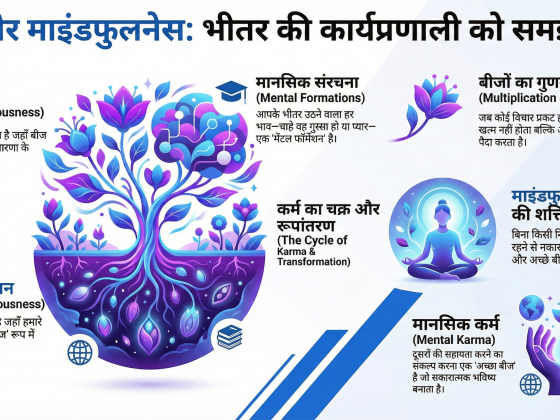Introduction
If you’re planning to become a clinical psychologist in India, you might have heard about the discontinuation of M.Phil. in Clinical Psychology. With the National Education Policy (NEP) 2020 in place, M.Phil. programs have been phased out—including those in Clinical Psychology. Fortunately, a new and more structured route has opened up for aspiring clinical psychologists: M.A. Clinical Psychology (RCI-Regulated).
In this post (and the accompanying video), I explain what led to this change and how it benefits students seeking a career in clinical psychology.
Watch the Video
If you’d prefer a quick overview, watch this YouTube video where I break down all the important details:
Key Points from the Video
- M.Phil. Clinical Psychology Discontinued
- Under NEP 2020, M.Phil. courses are phased out across disciplines, including Clinical Psychology.
- Why the Change?
- The National Education Policy (NEP) 2020 aims to revamp higher education to make it simpler, modern, and globally aligned.
- M.Phil. programs were deemed outdated and insufficient in terms of current clinical standards.
- Meet the Replacement: M.A. Clinical Psychology (RCI-Regulated)
- 2-year full-time course with a strong practical (clinical) and research focus.
- Regulated by the Rehabilitation Council of India (RCI), ensuring standardization and quality.
- More accessible seats than M.Phil., providing broader opportunities for students.
- Who Can Apply?
- Ideally, 4-year B.A./B.Sc. in Psychology with at least 55% marks.
- Some institutions require an entrance exam and an interview.
- For 3-year graduates, a bridge course or equivalent may be needed before joining the program.
- How to Become a Clinical Psychologist
- Enroll in an RCI-approved M.A. Clinical Psychology program.
- Complete the required clinical internships and practicum hours.
- Upon graduation, register with RCI to practice legally as a clinical psychologist in India.
How This Change Benefits Students
- Increased Availability of Seats
With the shift to an M.A. (RCI-Regulated) format, more universities can offer the program, significantly increasing student intake capacity. - Streamlined Curriculum
The new courses are designed to align with international standards—focusing on updated clinical methods, research, and practical exposure. - Direct Entry from a 4-Year Bachelor’s
Students with a relevant 4-year psychology degree can move directly into the M.A. program without waiting for limited M.Phil. seats. - Clear RCI Registration Path
Successful graduates can register as clinical psychologists with RCI, ensuring legal recognition and the ability to practice.
Conclusion & Next Steps
The discontinuation of M.Phil. in Clinical Psychology might seem like a big shift, but it’s a positive development for future mental health professionals. The M.A. Clinical Psychology (RCI-Regulated) program ensures modernized training, more accessible seats, and a clear path to licensure under RCI.
What’s Next?
- Check RCI’s list of approved institutions offering M.A. Clinical Psychology programs.
- Ensure you meet the eligibility criteria (4-year degree, minimum marks, entrance exams).
- Prepare for interviews and entrance tests if required by the university.
If you have any questions or need further guidance, leave a comment below or reach out through the contact page. And don’t forget to subscribe to the YouTube channel for more insights on the new M.A. Clinical Psychology journey!
Disclaimer:
This blog post is based on publicly available information and personal insights at the time of writing. Always verify details with official sources like the Rehabilitation Council of India (RCI), UGC, and your chosen university for up-to-date requirements and regulations.




